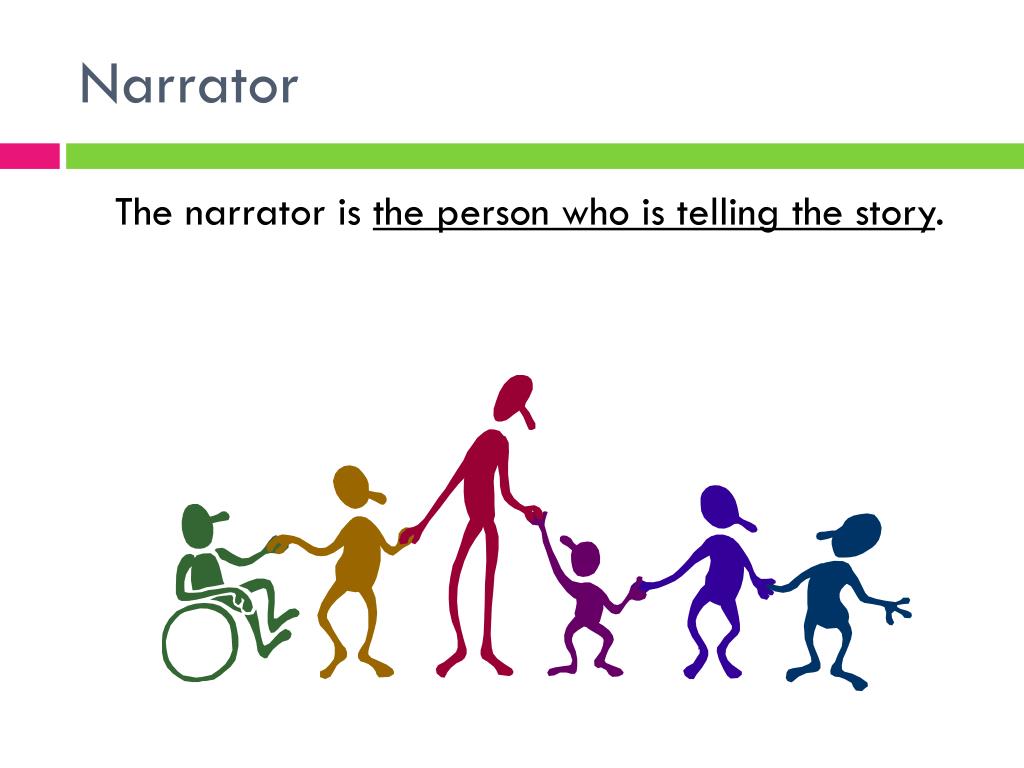

See, not so simple after all, huh? It's important to remember that the first-person narrative style can open up a lot of doors for the author, but it slams some other doors right in his face. The narrator of Joseph Conrad's most famous novel, Heart of Darkness is telling us a story he heard from a guy named Marlow, who's telling the story of yet another guy named Kurtz. Scott Fitzgerald's The Great Gatsby.īut we can get even further removed than Nick, if we really want to. She gets to give us the lowdown on the juicy dealings of the true protagonists and antagonists, all while watching from a safe distance.

But there are other tricks authors use, too, like, say, a peripheral narrator.Ī peripheral narrator is a first-person narrator who's not the main character. Then he even tosses a third-person narrator our way at the end, just for kicks.įaulkner was a sneaky guy, and he found his way around the limitations of first-person narration.

First-person narrators make frequent use of the pronoun "I," because, you know, they're talking about themselves, or at the very least what's going on around them. When the story you're reading is from the point-of-view of a character in the novel (often the protagonist), you're reading first-person narration.


 0 kommentar(er)
0 kommentar(er)
